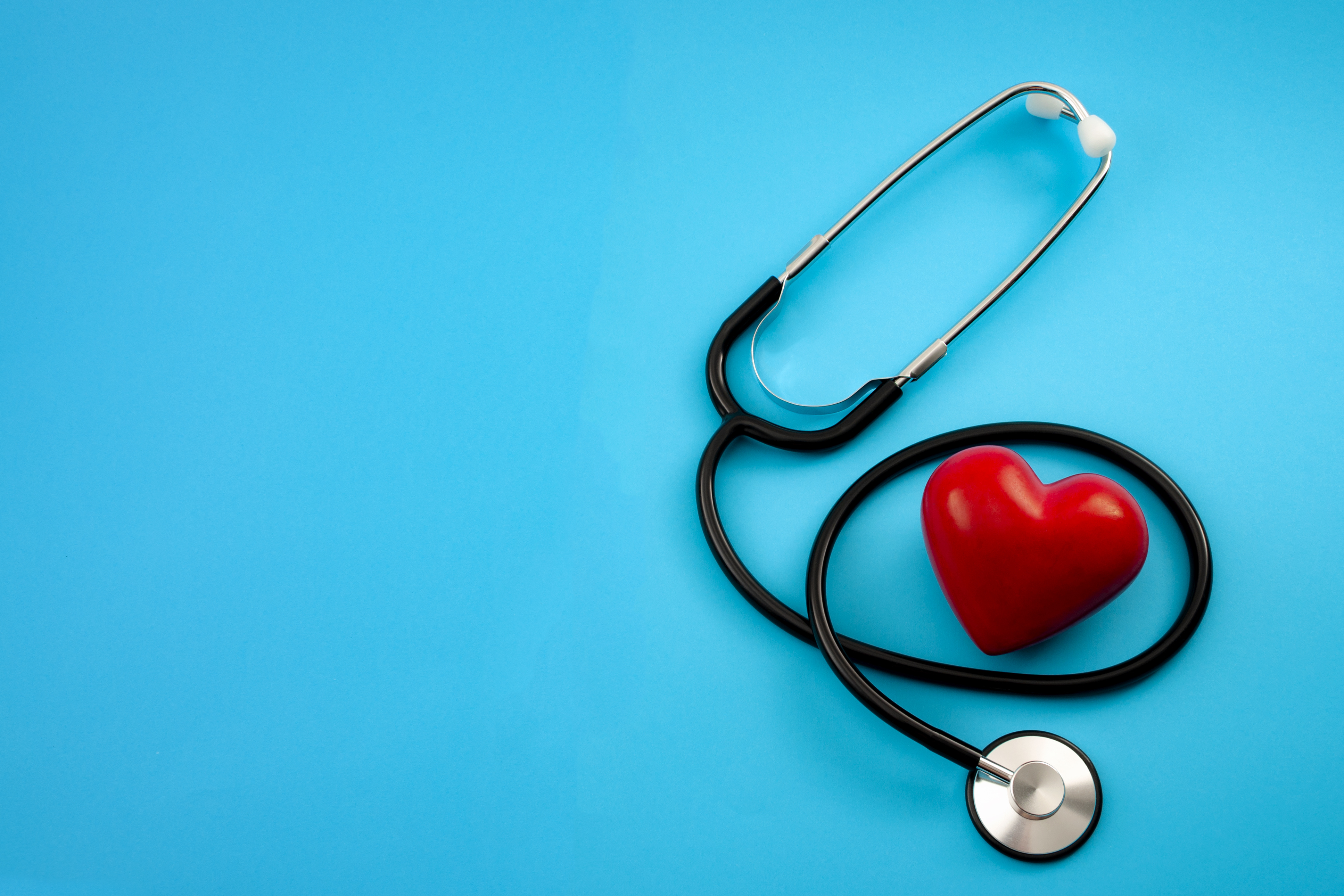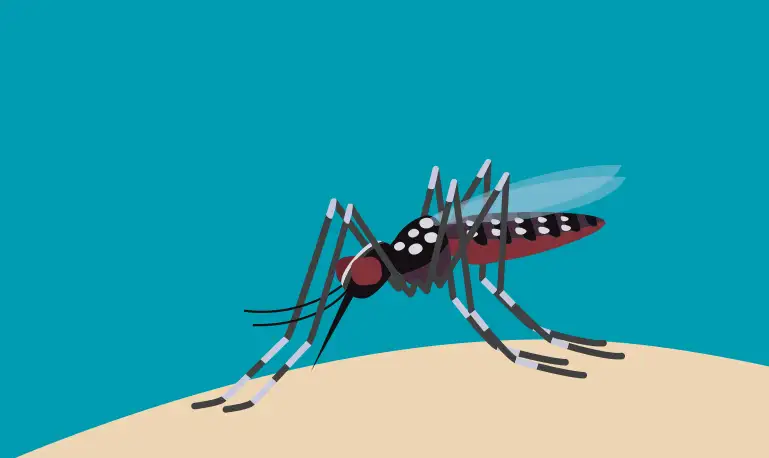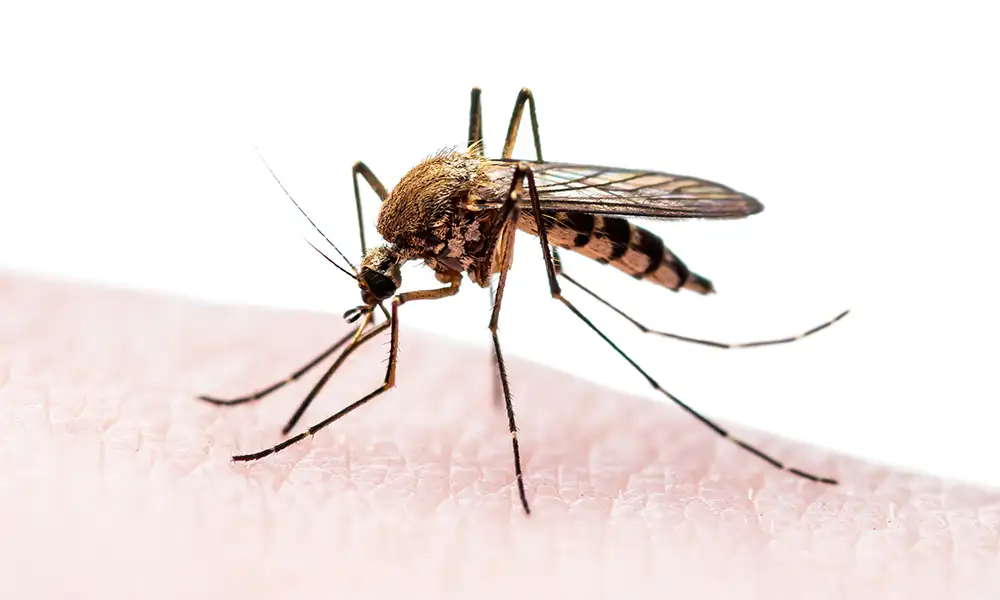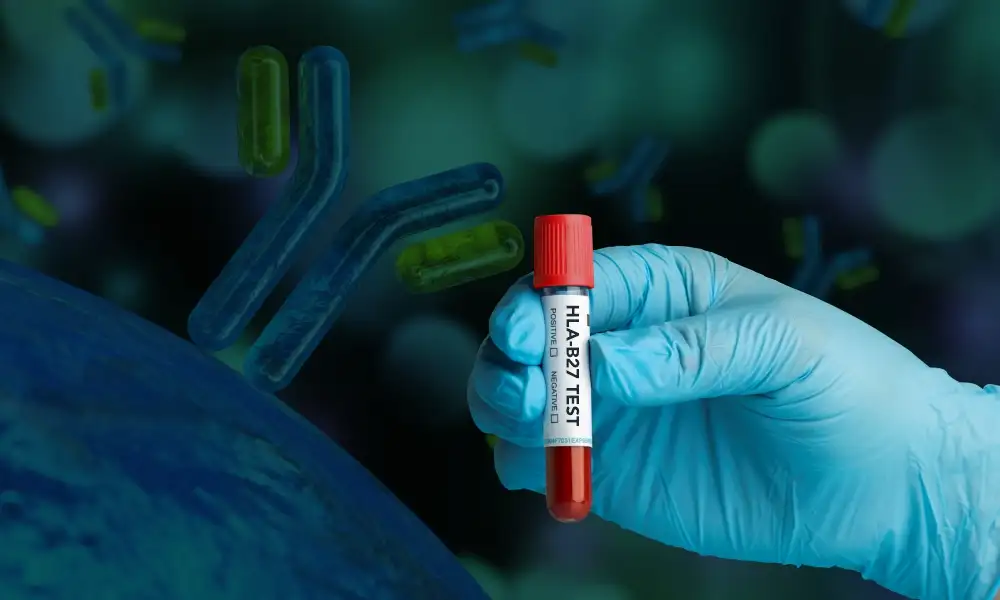Optimizing Heart Health: The Role of Cholesterol and Lipid Profile Tests
- July 21,2024
- 5 Min Read

Cholesterol is a fatty, wax-like compound present in every cell of the body. It is a lipid, plays vital roles within the body. Lipids, which are insoluble in water, remain intact in the bloodstream and are transported to various body tissues to full fill essential functions. Your liver naturally produces sufficient cholesterol to meet the body's requirements. However, additional cholesterol is obtained from dietary sources. The body is equipped with mechanisms to eliminate excess cholesterol, yet at times, this system may falter or become overwhelmed. Consequently, surplus cholesterol can accumulate in the bloodstream, potentially leading to health complications. It is water-insoluble and transported in the blood by carriers known as lipoproteins.
There are five major types of lipoproteins:
- Chylomicrons
- Very low-density lipoprotein (VLDL)
- Intermediate-density lipoprotein (IDL)
- Low density lipoprotein LDL – (bad and unhealthy cholesterol)
- High density lipoprotein (HDL) – (good and protective cholesterol)
|
HDL |
LDL |
|
The primary forms of lipids in HDL are cholesterol and triglycerides. |
The primary lipid constituents found in LDL are cholesterol molecules. |
|
It scavenges LDL cholesterol, aiding in its transport to the liver for recycling, ultimately leading to a decrease in cholesterol levels in the bloodstream. |
This process leads to the creation of thick plaques along the walls of blood vessels, potentially obstructing arteries either partially or entirely. Consequently, blood vessels become less flexible. |
|
Contains more proteins and less cholesterol |
Contains more cholesterol and less proteins |
|
High Density |
Low Density |
|
Known as good cholesterol |
Known as bad cholesterol |
Where does cholesterol come from?
Blood cholesterol: Blood cholesterol originates primarily from the liver, playing a pivotal role in cell formation, vitamin synthesis, and hormone production. Your body generates all necessary cholesterol through its natural processes.
Dietary cholesterol: Cholesterol obtained from your diet is sourced mainly from animal products such as meat, eggs, cheese, and milk. Excessive intake of dietary cholesterol can potentially contribute to health issues if levels become elevated.
Important functions of Cholesterol:
- This substance forms the outer layer, or membrane, of every cell in your body.
- It plays a vital role in producing vitamin D and steroid hormones, essential for maintaining healthy bones, teeth, and muscles.
- Additionally, it contributes to the creation of bile, aiding in the digestion of dietary fats.
What is a lipid test?
A lipid panel is a blood test that measures levels of cholesterol and triglycerides in your blood. High levels can lead to build up in arteries, increasing the risk of cardiovascular diseases like heart disease, heart attacks, and strokes. This test helps healthcare providers assess the risk of these conditions in both children and adults.
Why is lipid test done?
The lipid profile comprises a set of tests frequently ordered collectively to assess the likelihood of developing cardiovascular diseases such as heart disease, stroke, and related ailments. Additionally, it aids in tracking the progress of treatments for conditions that may lead to blood vessel blockages, like atherosclerosis, referred to as "hardening of the arteries."
What does a lipid profile measure?
A lipid panel measures five types of lipids in a blood sample:
- Total cholesterol: The sum of LDL-C, VLDL-C, and HDL-C.
- Low-density lipoprotein (LDL) cholesterol: Known as "bad cholesterol," it can accumulate in blood vessels and raise the risk of cardiovascular disease.
- Very low-density lipoprotein (VLDL) cholesterol: Typically low in fasting samples, it mostly comes from recent food intake; high levels may indicate abnormal lipid metabolism.
- High-density lipoprotein (HDL) cholesterol: Known as "good cholesterol," it helps reduce LDL buildup in blood vessels.
- Triglycerides: A type of fat from food; high levels are linked to cardiovascular disease and pancreatic inflammation.
Understanding cholesterol numbers:
Keeping your cholesterol levels in check is an excellent way to promote heart health, reducing the risk of heart disease and stroke.
Total Cholesterol
- Desirable: Less than 200 mg/dL
- Borderline high: 200-239 mg/dL
- High: 240 mg/dL and above
LDL Cholesterol
- Optimal: Less than 100 mg/dL
- Near optimal/above optimal: 100-129 mg/dL
- Borderline High: 130-159 mg/dL
- High: 160-189 mg/dL
- Very high: 190 mg/dL and above
HDL Cholesterol
- Poor: Less than 40 mg/dL
- Better: 40-59 mg/dL
- Best: 60 mg/dL and above
Triglycerides
- Normal: Less than 150 mg/dL
- Borderline high: 150-199 mg/dL
- High: 200-499 mg/dL
- Very high: 500 mg/dL and above
How to manage your cholesterol?
- Quit Smoking: Quitting smoking can increase your HDL cholesterol. Since HDL helps remove LDL cholesterol from your arteries, higher levels of HDL can contribute to lowering your LDL cholesterol.
- Exercise: Strive for at least 150 minutes of moderate-intensity aerobic exercise, such as brisk walking or cycling, each week. Exercise can help increase HDL (good) cholesterol and decrease LDL cholesterol.
- Reducing alcohol consumption: Although moderate alcohol consumption may offer some heart health benefits, excessive drinking can elevate triglyceride levels and raise the risk of high blood pressure and heart disease.
- Healthy Eating: A heart-healthy eating plan restricts the intake of saturated and trans fats. It advises consuming only the necessary calories to maintain a healthy weight and prevent weight gain. This plan promotes a diverse selection of nutritious foods, such as fruits, vegetables, whole grains, and lean meats. Examples of cholesterol-lowering eating plans include the Therapeutic Lifestyle Changes (TLC) diet and the DASH eating plan.
- Watch your portion size: Overeating can cause weight gain, which may increase cholesterol levels. Pay attention to portion sizes, particularly with high-calorie foods.
- Manage your stress levels: Chronic stress can elevate cholesterol levels and increase the risk of heart disease. Manage stress through healthy practices like meditation, yoga, deep breathing exercises, or spending time with loved ones.
Top Heart Healthy foods that can lower the cholesterol:
- Nuts & Seeds: Nuts and seeds like almonds, walnuts, flaxseeds, and chia seeds are rich in heart-healthy nutrients like omega-3 fatty acids, fiber, and plant sterols. Together, these components play a crucial role in lowering cholesterol levels and promoting cardiovascular well-being. Whether enjoyed as a snack or added to meals, incorporating these nutritious bites into your diet can offer a straightforward and impactful approach to supporting heart health.
- Olive Oil: Extra virgin olive oil, a cornerstone of the Mediterranean diet, is renowned for its heart-protective properties. Packed with monounsaturated fats and antioxidants, it's a potent ally in lowering LDL cholesterol levels. Whether drizzled over salads or used for cooking, incorporating olive oil into your culinary routine not only adds flavour but also promotes heart health.
- Avocado: Avocado, a heart-healthy fruit, boasts abundant monounsaturated fats, known for their LDL-lowering and HDL-boosting effects. Moreover, avocados are rich in potassium, essential for maintaining optimal heart function. Whether sliced onto salads or used as a creamy spread, incorporating avocado into your meals not only enhances flavour but also nourishes your heart.
- Berries: Berries like blueberries, strawberries, and raspberries aren't just tasty treats—they're packed with polyphenol antioxidants, which have been associated with reducing LDL cholesterol levels. By incorporating an assortment of berries into your meals, you not only add a vibrant burst of flavour but also support your heart health with each delicious bite.
- Legumes: Beans, lentils, and chickpeas are nutritional powerhouses, offering a double dose of soluble fiber and plant-based protein. Their soluble fiber content plays a vital role in cholesterol management by binding to cholesterol molecules and aiding in their removal from the body. Adding legumes to soups, salads, and main courses is not only a delicious way to diversify your meals but also a smart strategy for maintaining heart health.
FAQ’s
What are the benefits of eating healthy foods to lower cholesterol?
Improves blood pressure: A diet abundant in potassium, magnesium, and fibre sourced from fruits, vegetables, and whole grains contribute to maintaining healthy blood pressure levels. By focusing on these nutrient-rich foods, you're not only supporting heart health but also addressing another significant risk factor for cardiovascular disease: high blood pressure.
Blood Sugar Control: Maintaining a balanced and nutritious diet plays a crucial role in managing blood sugar levels effectively, promoting overall health, and mitigating the risk of metabolic disorders linked to high cholesterol levels.
Weight Management: Prioritizing a diet centered around whole, nutrient-rich foods supports weight management efforts. Keeping a healthy weight is key for regulating cholesterol levels, as carrying excess body weight, particularly around the abdominal region, is frequently linked to elevated cholesterol levels.
Reduced LDL Cholesterol: Embracing a diet abundant in fruits, vegetables, whole grains, and lean proteins aids in reducing levels of low-density lipoprotein (LDL) cholesterol, commonly known as "bad" cholesterol. Elevated LDL cholesterol is a significant risk factor for heart disease, making dietary choices crucial for heart health.
What are the symptoms of high cholesterol?
The symptoms of high cholesterol are:
Fatigue
Heart Pain
Loose stools
Stomach distension
Weight gain
Depression
Aching pain
High Blood Pressure
What can be consumed to lower the cholesterol levels?
Beans
Oats
Nuts
Vegetable oils
Barley & Whole grains
What is high cholesterol?
High cholesterol, or hypercholesterolemia, is characterized by elevated levels of LDL (low-density lipoprotein) or total cholesterol in the body. This condition can result from consuming a diet rich in fats. Other contributing factors include genetic disorders like familial hypercholesterolemia, stress, lack of physical activity, certain medications, and various health conditions.
What is good cholesterol?
High-density lipoprotein (HDL) represents the beneficial form of cholesterol in your body. Elevated levels of HDL cholesterol offer protective benefits by lowering the risk of heart disease and stroke.
What is LDL?
Low-density lipoprotein (LDL) functions as a specialized transporter in your bloodstream, facilitating the movement of fats, particularly cholesterol, to different cells throughout your body. Unlike fats, which cannot traverse the bloodstream independently, lipoproteins provide a crucial mechanism for this transportation.
Comprised of a blend of lipids and proteins, LDL particles predominantly carry cholesterol with a smaller proportion of proteins. Elevated levels of LDL are associated with increased risks of stroke and heart disease, earning LDL the moniker "the bad cholesterol."
What is VLDL?
Very-low-density lipoprotein (VLDL) is produced by your liver and released into your bloodstream, primarily transporting triglycerides, a type of fat, to your body's tissues. While VLDL shares similarities with LDL cholesterol, LDL predominantly transports cholesterol to tissues rather than triglycerides.Top of FormBottom of FormTop of FormBottom of Form
What causes high cholesterol?
Lack of exercise
Smoking
Lack of exercise
Underactive thyroid
Certain drugs
Drinking
Sedentary lifestyle
Who should get a cholesterol test done?
The American Heart Association advises that adults aged 20 and older should have their cholesterol and other traditional risk factors checked every four to six years, provided their risk remains low. After turning 40, healthcare professionals will use an equation to estimate the 10-year risk of a heart attack or stroke.
Individuals with cardiovascular disease or those at higher risk may require more frequent assessments of their cholesterol and other risk factors.
Consult with your healthcare team about your medical history and the appropriate frequency for cholesterol checks. It's important to start monitoring cholesterol levels early in life, including for children and adolescents.
For most healthy adults, cholesterol should be checked every 4 to 6 years.
Individuals with heart disease, diabetes, or a family history of high cholesterol should undergo more frequent testing.
Children should have their cholesterol checked at least once between the ages of 9 and 11.
Adolescents should be tested between the ages of 17 and 21. Additionally, children with obesity or diabetes may need more frequent cholesterol screenings.
What do I need to know before getting the cholesterol test done?
You might need to fast for 8 to 12 hours before your cholesterol test. It's important to ask your doctor for specific instructions on how to prepare for the test.
How to manage your cholesterol?
Quit Smoking: Quitting smoking can increase your HDL cholesterol. Since HDL helps remove LDL cholesterol from your arteries, higher levels of HDL can contribute to lowering your LDL cholesterol.
Exercise: Strive for at least 150 minutes of moderate-intensity aerobic exercise, such as brisk walking or cycling, each week. Exercise can help increase HDL (good) cholesterol and decrease LDL cholesterol.
Reducing alcohol consumption: Although moderate alcohol consumption may offer some heart health benefits, excessive drinking can elevate triglyceride levels and raise the risk of high blood pressure and heart disease.
Healthy Eating: A heart-healthy eating plan restricts the intake of saturated and trans fats. It advises consuming only the necessary calories to maintain a healthy weight and prevent weight gain. This plan promotes a diverse selection of nutritious foods, such as fruits, vegetables, whole grains, and lean meats. Examples of cholesterol-lowering eating plans include the Therapeutic Lifestyle Changes (TLC) diet and the DASH eating plan.
Watch your portion size: Overeating can cause weight gain, which may increase cholesterol levels. Pay attention to portion sizes, particularly with high-calorie foods.
Manage your stress levels: Chronic stress can elevate cholesterol levels and increase the risk of heart disease. Manage stress through healthy practices like meditation, yoga, deep breathing exercises, or spending time with loved ones.
What is lipid panel?
The lipid panel is a comprehensive blood test that assesses various types of fats, known as lipids, present in the bloodstream. It examines several cholesterol-containing molecules among other substances. This test serves a vital role in assessing cardiovascular health risks, not only in adults but also in children. By analyzing lipid levels, it helps clinicians evaluate the likelihood of developing conditions such as heart disease, heart attacks, and strokes.
What is a lipid test?
Answer: A cholesterol blood test, also known as a lipid profile, examines the concentrations of cholesterol and other fats circulating in your bloodstream.
What happens if lipid levels are high?
Hyperlipidemia, characterized by an abundance of lipids or fats in the bloodstream, poses a heightened risk of heart attack and stroke due to the impediment of blood flow through the arteries. Incorporating regular exercise and adopting a diet rich in nutritious foods can effectively reduce cholesterol levels. In certain cases, medication may be necessary as an adjunctive measure to manage hyperlipidemia effectively.
What if the lipid levels are abnormal?
Because cardiovascular disease arises from various factors and varies from person to person, there's no universal approach to treating abnormal cholesterol and triglyceride levels. Upon receiving abnormal lipid panel results, your healthcare provider may suggest:
Ongoing lipid monitoring to track changes over time.
Implementing lifestyle adjustments like dietary modifications or initiating an exercise regimen.
Commencing cholesterol-lowering medications as deemed necessary.
Want to book a test? Fill up the details & get a callback
Most Viewed
Premarital Health Screening
- 20 Min Read
Typhoid - Signs and Symptoms
- 3 Min Read
Home Isolation Guidelines - Covid-19 Care
- 5 Min Read
HLA B27 Detection: Flow Cytometry & PCR
- 1 Min Read














